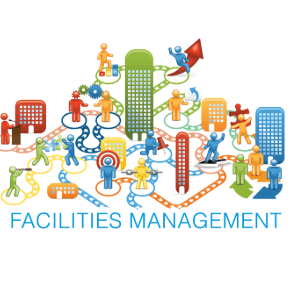North Slope Choir Expands Access, 42 Students Perform at Disneyland
The North Slope Borough School District expanded its district choir to allow students from any village to participate, enabling 42 students from six schools to rehearse via Zoom and travel to Disneyland in California to perform. The trip was funded by the district and multiple donors, offering students a rare cultural opportunity and highlighting issues of funding, connectivity, and long term benefits for education in the region.
Listen to Article
Click play to generate audio

The North Slope Borough School District announced an expanded district choir this year that opened participation to students from any village, culminating in a performance trip to Disneyland in California. According to the district, 42 students from six schools rehearsed together via Zoom throughout the year and were able to travel to perform, with NSBSD and many donors helping to make the trip possible. The district posted photos from the trip in its news and spotlight area.
At the center of the story is expanded access. Allowing students from any village to join the choir removed traditional barriers of distance and school enrollment, creating a single ensemble of 42 participants representing six schools. The use of videoconferencing to rehearse throughout the year demonstrates how digital tools can knit together students across remote communities to produce a coordinated accomplishment.
The trip required coordination, funding, and travel logistics that are notable for a district serving the North Slope. The district notes that both NSBSD and many donors contributed to make the performance possible. Local donor support paired with district resources reflects a finance model increasingly common in rural education where community contributions supplement limited public budgets to provide extracurricular and enrichment opportunities.
There are several practical implications for families and the broader community. For students, participating in a high profile performance offers exposure to arts education that can strengthen school engagement, confidence, and aspiration. For the district, the trip serves as a tangible outcome when advocating for future arts programming and for investments in connectivity infrastructure. The reliance on Zoom rehearsal underscores the importance of reliable broadband for educational equity, because sustained remote collaboration was essential to bringing students together from multiple villages.
From a policy perspective, the event highlights the tradeoffs school districts face when funding enrichment activities. Donor funded trips can expand opportunities, but they also raise questions about long term sustainability and equitable access for students whose families cannot participate in fundraising. Investment in district level programs and technology can produce recurring benefits, but those investments compete with other budgetary priorities such as transportation and core instructional needs.
Long term, projects like the expanded choir can contribute to human capital development in the North Slope by broadening students cultural experiences and strengthening school ties. The district's public documentation, including photos and a news feed post, provides a record for evaluating how similar programs might be scaled or replicated. For residents and policymakers, the choir trip is both a celebration of student achievement and a reminder of the ongoing need to fund arts education and digital infrastructure in rural Alaska.

